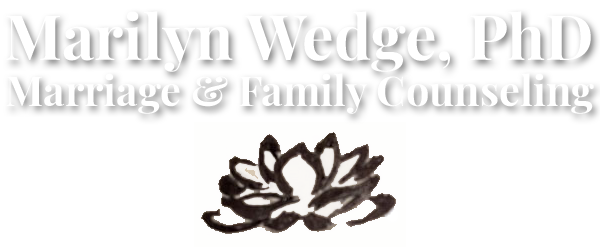Parents
Here’s what other parents are saying about Pills are not for Preschoolers and my approach to child therapy.
” For the parent who is dealing with a troubled child and wondering where to turn next, it proves a very understandable, straight forward, and readable text. It’s filled with information, explanations, history, techniques, and examples, but Wedge has a talent as a writer that allows her to reach the reader and impart her knowledge without it being a painful or tiring exchange.
In the end, I would recommend that all parents read this book. The examples and parenting strategies that she has included are a jumping off point of what do and what not to do as a parent. So many children are being medicated these days, that it’s almost guaranteed that at some point someone may suggest that one of your children may be afflicted with a psychiatric condition. For parents who are dealing with a troubled child, I think this book would be a great shoulder on which to lean during a difficult time – and I think that the information about therapy will help when choosing a family therapist. Without a doubt, I would seek the counsel of a family therapist before allowing my child to consume prescription medication, and I think that a reader of Wedge’s work would understand why I hold that stance. In Pills Are Not For Preschoolers, Marilyn Wedge provides a straight forward, reader friendly description of family therapy techniques that can help reframe behavioral problems in children as conquerable symptoms of problems within the family organism.” —Blogger and mother Just Joanna
“When our son was around eighteen months old many of you know that he was diagnosed with Hyperlexia, an autism spectrum disorder. At the time I found it equally devastating and challenging. It wasn’t only that I wanted him to have a happy healthy childhood, but that I feared what that label would mean to him throughout his life and also worried how others might see him knowing this about him.
What I loved about Marilyn Wedge’s approach in Pills Are Not for Preschoolers: A Drug-Free Approach for Troubled Kids was that it was so similar to what we had hoped to achieve with Turkeybird when he was young. We were determined to avoid medication at all costs, something Wedge is very much against except in the very most extreme cases where therapy simply does not help. We also hoped to work together with Turkeybird to change not only our behavior around and with him, but his reactions to situations as well. Wedge’s belief that children are affected by not only internal conflicts, but external situations and conflict is something I think we take for granted as parents. When working with Turkeybird early on it was surprising to see how frustrated he would become over the littlest activities, but I remember taking a step back a few times and realizing there was a very good chance he was mimicking my own behavior with him as I became overly frustrated that he wasn’t responding in certain ways I felt were appropriate. Who knew? Definitely not me, until that light blub moment.”
What I loved about Wedge’s approach was that we don’t need to take those little mistakes (the overheard parent conversations, a high stress job overflowing into home life, anxiety about finances, etc.) as personal flaws, but as something we can attack and work on to better our home environment as a whole. It was intriguing to see how those little mistakes add up in the eyes of a child and how they are magnified within their young minds. As I read Pills Are Not for Preschoolers: A Drug-Free Approach for Troubled Kids I also discovered how powerful the impact of positive reinforcement within the home can be. Simple steps like sharing a positive experience with your child each day or telling them something positive about themselves each day can dramatically change their lives, and I’d venture to guess yours as well. All of these little things add up over time and it’s important to recognize how intelligent and observant those kiddos in our families truly are.
–Blogger and mother Debbie Smith
“Overall, I really enjoyed reading this. So much, that I devoured it in two days. All of the case studies of the children Wedge has worked with really make this an interesting book. I also think the tips inside would be helpful to many parents. And if you have a child that has some behavior problems, it would be a must-read prior to considering medication.”
–Blogger and mother Lisa at Two Bear Farms
“I read this book after reading an article that Wedge wrote in a newsletter. The teachers of my 1st grade son have been adamant that he be tested for ADD and say he needs medication. I have been adamantly opposed to medication. This book gave me hope and another aspect as to how our lives in the adult world affect how kids see the world and interpret what is going on around them. We lost my mother and my father-in-law within 4 months of each other, both to horrible debilitating diseases. Our kids were aware of all of this and mom and dad weren’t around as much. Maybe that’s why my son is so distracted at school. I feel everyone should read this whether or not you are for or against medicating young children.”
–Parent review of Pills are not for Preschoolers on Amazon.com


